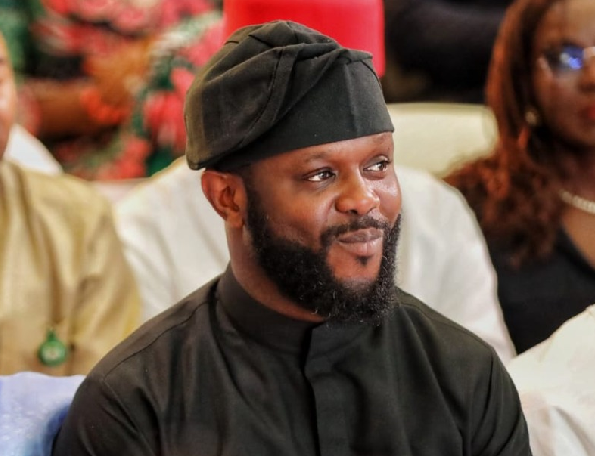
Tensions are reportedly mounting within the Lagos State chapter of the All Progressives Congress (APC) and its influential Governance Advisory Council (GAC), amid growing speculation that Seyi Tinubu, son of President Bola Ahmed Tinubu, may be eyeing the governorship seat in 2027.
At 39, Seyi Tinubu is gaining momentum among youth and diaspora groups who have endorsed him as a potential successor to Governor Babajide Sanwo-Olu. Endorsements from groups like the Coalition of Nigerian Youth Leaders, The Future Platform, and Nigerian communities abroad have further fueled speculation—even as Seyi has yet to make an official declaration.
Sources close to the matter indicate that discreet lobbying is already underway to position Seyi for the race. Should he enter and win, he would become the youngest governor of Lagos State since its creation in 1967—beating the current record set by Babatunde Fashola, who assumed office at 43 in 2007.
However, the rumoured candidacy is far from universally welcomed. The GAC—an elite 30-member council of Lagos political kingmakers formed by Tinubu himself during his tenure as governor—is reportedly divided. Led by Prince Tajudeen Olusi, the GAC includes former governors, senators, speakers, and senior political figures who have long steered the state’s political direction behind the scenes.
While the council played critical roles in the emergence of past governors—Fashola, Akinwunmi Ambode, and Sanwo-Olu—Seyi Tinubu’s case presents a delicate challenge. His perceived inexperience in political office and his close familial ties to the presidency have triggered debates over merit, equity, and political dynasty.
Critics argue that Seyi’s primary public role—as CEO of Loatsad Promomedia Ltd, an outdoor advertising firm—falls short of the experience needed to manage a mega-city like Lagos. One APC chieftain from Oshodi-Isolo described the move as “political arrogance,” warning it could be perceived as an imposition, especially with President Tinubu expected to seek re-election in 2027.
“It would feel like dictatorship, not democracy. We risk alienating the electorate,” the party source said.
On the other side of the divide, proponents argue that political dynasties are nothing new. Citing examples such as the Marcos family in the Philippines, the Bush family in the United States, and the Sarakis in Kwara State, they insist that Seyi, as a Nigerian citizen, has a constitutional right to contest.
“Seyi enjoys goodwill among the youth and the digital generation. If the party clears him and the people want him, why not?” said Laken Agbaje, an APC supporter from Alimosho.
Adding to the unease, Seyi is reportedly backing loyalists for strategic positions in the forthcoming local government elections, sparking fears of undue interference and political overreach.
This internal wrangling comes on the heels of a significant political upset—President Tinubu’s loss of Lagos State to Peter Obi of the Labour Party during the 2023 presidential election. Many interpreted the outcome as a warning sign of dwindling influence in the party’s traditional stronghold.
Beyond issues of dynasty and experience, APC insiders are also grappling with calls for zoning and regional equity. Lagos State’s five administrative districts—Ikorodu, Badagry, Ikeja, Lagos Island, and Epe—have not all enjoyed equal representation. Notably, all five previous governors, including Tinubu himself, hailed from Lagos Island or Epe, leaving Ikorodu, Badagry, and Ikeja without a turn.
This has reignited zoning agitation, particularly among stakeholders from Ikorodu and Badagry. During a recent meeting in Epe, the topic of Seyi’s rumoured ambition was raised but swiftly set aside, as he has not yet formally declared his interest.
Meanwhile, a silent faction within the party is reportedly backing Babajimi Benson, the current House of Representatives member for Ikorodu Federal Constituency, as a potential successor to Sanwo-Olu.
“The silence from President Tinubu on this matter is unsettling. It’s creating confusion within the ranks,” a senior APC source said, requesting anonymity.
As the 2027 race begins to take shape, Lagos APC appears caught between legacy, loyalty, and the future of its political dominance.


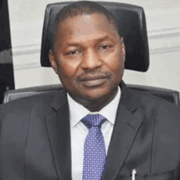

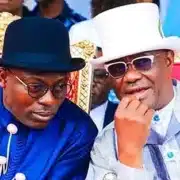
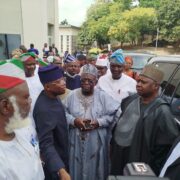
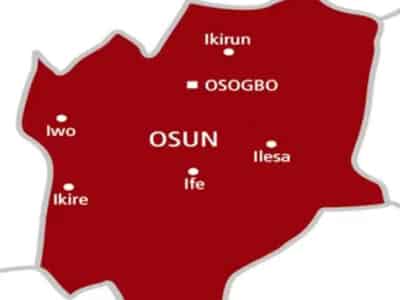
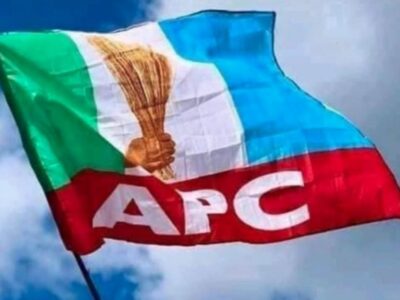
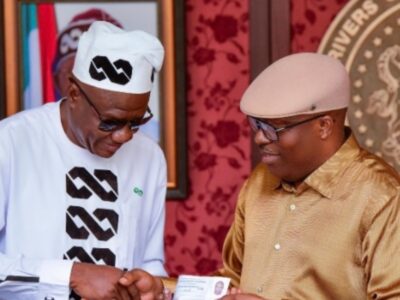
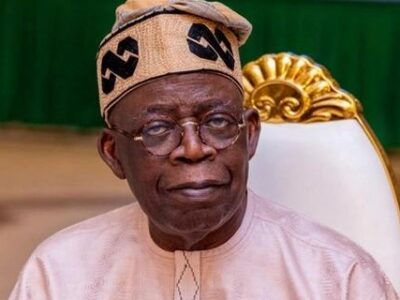









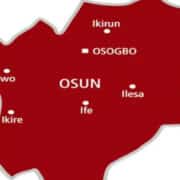
Comments